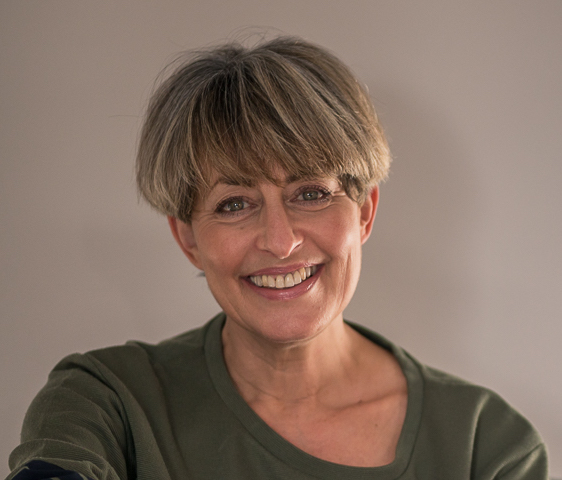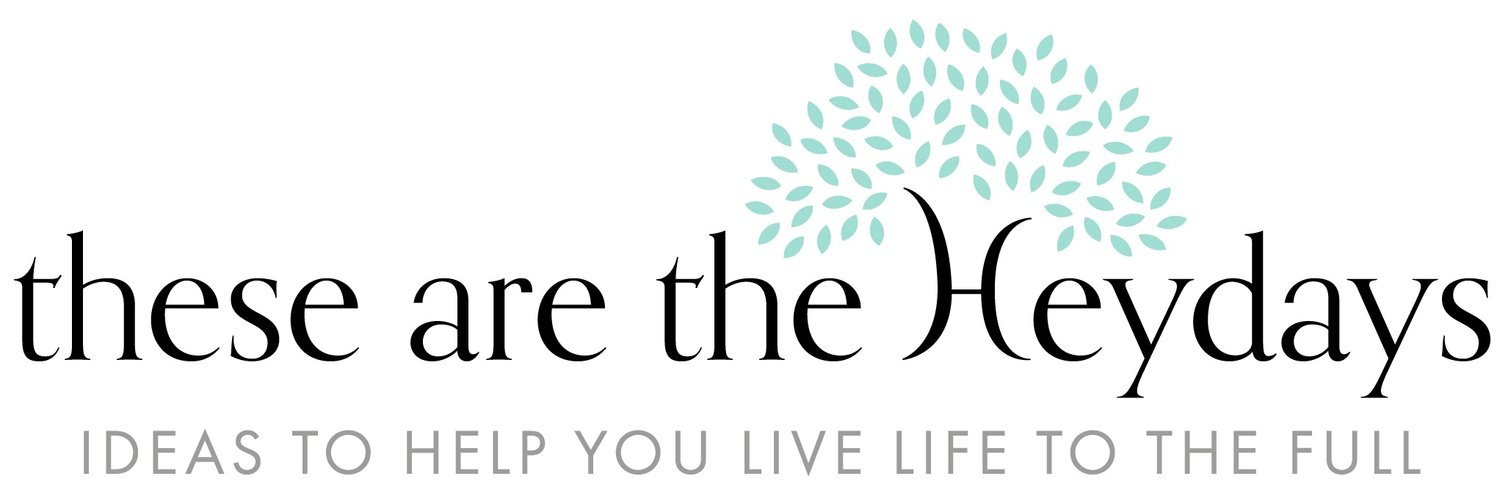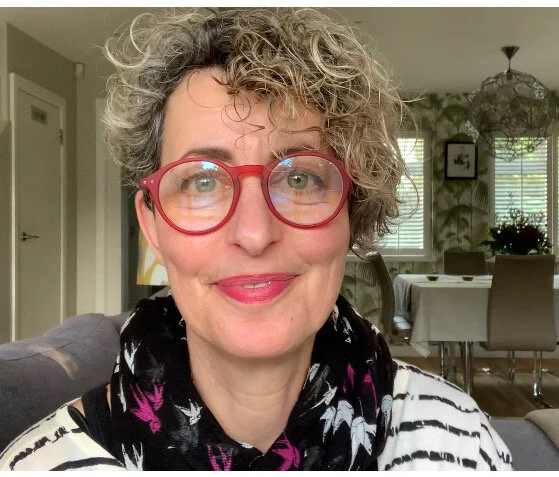Rest. Why it matters and the top 5 most restful things to do
This has something to do with resting, but you’ll have to read on to find out what
When I say the word ‘rest’ what does it mean to you? Does it involve sitting or lying down, or some kind of activity? Is it something you do by yourself, or in the company of others? Do you need your mind to be emptied or stimulated to feel rested?
The Rest Test
Would it surprise you to know that the world’s largest survey into rest - The Rest Test - found that all of the above were ways that the 18,000 participants from 135 countries said made them feel rested (Just to be clear, all the respondents didn’t find all those things restful, but they did all find one or more of them helped them to feel rested. Glad we’ve cleared that up).
The definition of rest
Our definition of rest may be as varied as we are as individuals, but one thing has become increasing evident as more investigations are done into it - the need for rest is a common denominator for us all in our overall wellbeing. A finding corroborated by The Rest Test which found, without exception, that the respondents to survey who had the highest levels of rest also recorded the highest levels of wellbeing.
Too much rest isn’t good
By the way, it turns out that having too much rest can actually have a negative impact on your wellbeing. So there’s definitely a resting sweet spot, which will vary from person to person too.
But short rest breaks are
Tests have also shown that rest helps you to concentrate better and that even a micro-break of 2 minutes will improve your concentration for more than an hour afterwards. So it’s worth trying to build a few of those into your day (making a cup of tea counts), especially at work.
Rest isn’t sleep
A point of clarity here - rest is not the same as sleep (which is a good job if you’re having a micro break at work). When you sleep your eyes are closed, your muscles are relaxed and your consciousness is practically suspended. The first two are things that can occur when you rest, the third almost always doesn’t. (I would go as far as to say it definitely doesn’t, but I’m not a scientist and I’d hate to be inaccurately definitive).
Just to clarify…
And whilst we’re on the subject of clarity: The Rest Test was a year-long survey conducted in 2016 under the auspices of the Wellcome Foundation, and the results were aired on the Radio 4 programme All In The Mind. Presenter Claudia Hammond was one of the team working on the survey and the reason I’m writing about it now, is that at the end of last year Claudia published a book based on the results called The Art of Rest, How to Find Respite in the Modern World, which she talked about at the Sunday Times Life Lessons Festival that I attended last weekend (are you keeping up with all this? I do hope so.)
Different but the same
So here’s the thing then. What I find restful and what you find restful might be entirely different (8% of the survey’s respondents said they found running restful. That DEFINITELY doesn’t apply to me!), but there is more than likely to be one thing about what we do to rest that we do share in common.
Resting a busy mind
Whatever restful activity, or activities, we enjoy, they will almost always involve turning off, or at the very least substantially dialling down, the general busyness in our brains.
Which is not to say rest has to be a mentally passive activity. On the contrary. As the results of the favourite rest activities will show (I’ll get to those in a mo).
Rest may be the opposite of work (although there were some countries, ie India, where there were participants who didn’t think that) but keeping our minds actively engaged in something, even if it’s the process of allowing them to calm down, opens up all kinds of creative and problem-solving thought, and that contributes to how refreshed we feel after a period of rest.
Alone but not lonely
What also seems to be a common theme when it comes to rest - which I suppose isn’t all that surprising when you consider the need for our brains to take a break - is that most of the top 20 most popular ways to rest around the world involve being alone. Socialising with friends came in the top 20, but not in the top 10. And even spending time with pets, didn’t make it in to the top 10 either (yes, that surprised me too).
Resting v enjoying
Before I get to the those magically restful activities that made it into the top 5, I would just remind you that participants weren’t talking about the things they enjoyed doing most, they were asked what they found the most restful. Clearly the company of either your pets or your friends (or both) are unequivocally delightful. It’s just that they’re - apparently - not necessarily relaxing.
So what about that top 5?
Well, at number 5 was ‘doing nothing in particular’. Whether your idea of ‘doing nothing’ involves literally just sitting or lying down, or whether it requires a degree of pottering-around activity, the release from having a task or an agenda is a great way to give your brain the decluttering space and time it needs to rest and recharge.
Listening to music came in at number 4 which, although it involves a degree of mental engagement, clearly also serves a similar purpose
And at number 3 was the very specific but also quite general (yes, it’s entirely possible to be both) ‘spending time alone’ (see?)
Combine that with number 2, which was ‘spending time in a natural environment, and you have a sure-fire way to feel more rested as a result.
But for the majority of respondents to The Rest Test survey, of every age and in almost every country, the number one most restful activity to engage in is……drum roll if you please……reading.
Which goes to show
Which goes to show that rest doesn’t need to be a mentally passive activity. It can involve an active engagement of your brain and still have a relaxing effect. And if you need any more convincing, scientific tests have shown that reading is equally as relaxing as doing yoga.
So now rest more
So now you know how and why rest matters, and how important it is for our wellbeing. Which I very much hope will make you more inclined to do the thing that apparently inhibits most of us from resting properly or sufficiently. Giving yourself permission to do it without feeling guilty.
You can see a longer list of the most popular relaxing activities here. I’d love to know what your favourite way - or ways - to rest is/are. Do they feature on the list?
Other posts you’ll enjoy
Some of the books I’ve loved reading recently: this one, this one, and this one





